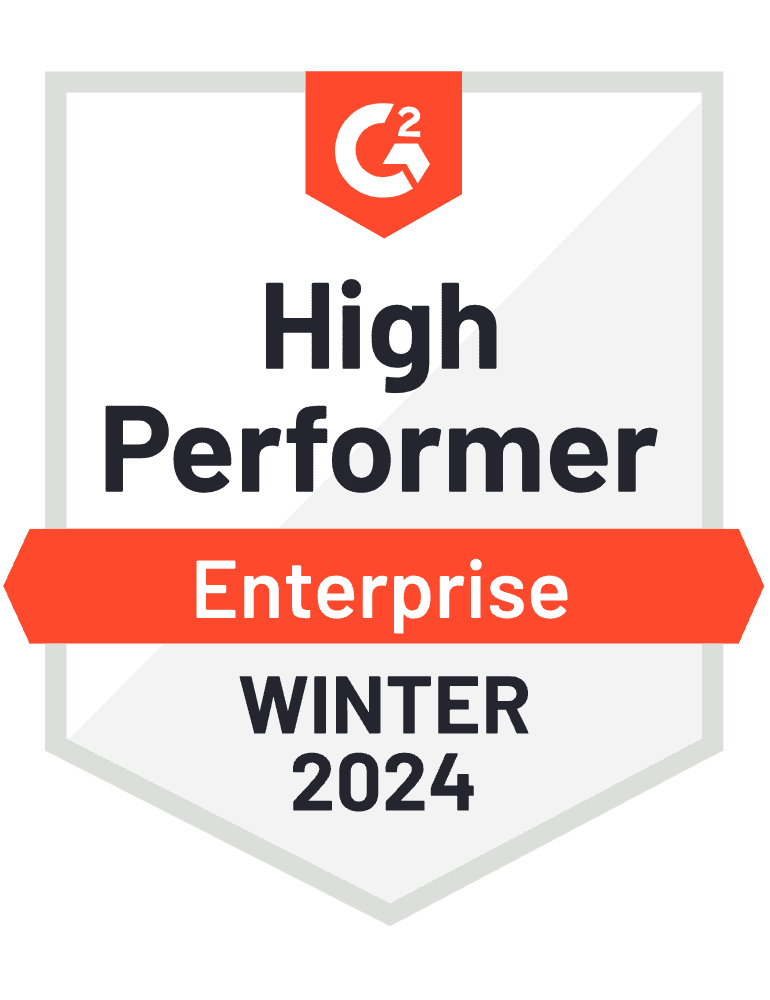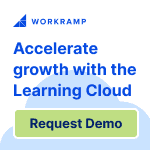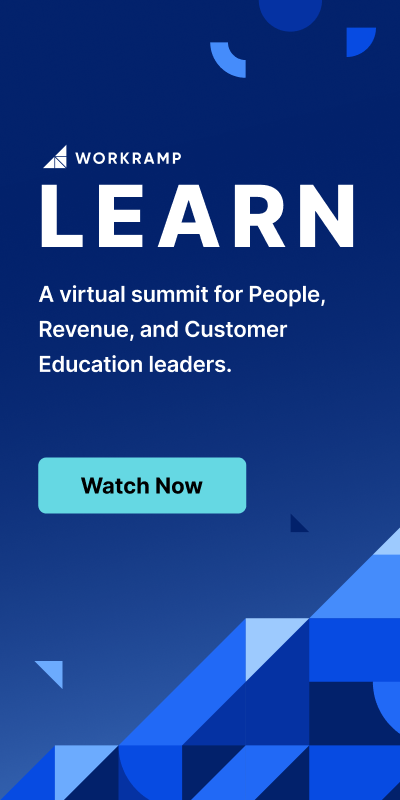Why Companies Must Embrace Skills as the New Currency With David Blake, CEO & Co-Founder, Degreed
admin
Learning Tips Straight to Your Inbox
The world of education and learning is undergoing a profound transformation, driven by technological advancements and changing economic landscapes.
The key to individual and organizational success lies in continuous learning, but it’s no longer just about formal education. To be successful, companies must focus on skills vs. academic achievements.
David Blake, CEO & Co-Founder, Degreed joins the LEARN podcast for a thought-provoking discussion on the future of education, skills-based hiring, and the paradigm shift from traditional credentials to a skills-focused approach.
In this post:
From credentials to skills: the paradigm shift
How can we measure our education and skills in a rapidly evolving world? Traditional credentials like university degrees no longer suffice as accurate representations of one’s abilities.
“If I were to ask you, ‘Hey, you know, to tell me about your health? And you said, oh yeah, I ran a marathon 21 years ago.’ That’d be an absurd way to answer for your health. But when I ask you, ‘tell me about your education, you know, a thousand times in a thousand, people will say, oh, I graduated from SMU. Marathons aren’t bad. And at the end of the day, neither is university. But it is all to say we have to get past this dependency on thinking that our formal education is the be all end all that formal education is. We’ve gotta continue to chip away at this future where everything you learn and all of your skills, they’re there. You can see ’em, you can transact on ’em, they’re gonna unlock doors and gates, just like the college degree did once upon a time. Like, that’s the future we need.”
The analogy of describing health based on a marathon run years ago highlights the absurdity of this approach. Instead, a new category is emerging—one that focuses on credentialing skills earned through lifelong learning journeys.
A vision of lifelong learning and ownership
When David created Degreed, he recognized the need to empower individuals to take ownership of their learning and skill development.
He created a platform that captures academic achievements, professional training, and self-guided learning. The emphasis shifted from university degrees to a comprehensive showcase of competencies, acknowledging the diversity and depth of each individual’s learning journey.
“For us, it’s always been moving to this world where skills is the currency,” David says. “How do we track all your professional learning? We’ve just been solving one problem at a time, all to this North Star. Which is we want to be the place that helps you answer for a lifetime of education and skills.”
The shift to skills-based hiring
To unlock the full potential of skills-based education, corporate buy-in is paramount.
Recognizing skills as the new currency requires a shift in corporate hiring and development strategies. Organizations must adopt skills-based hiring, allowing them to tap into a broader and more diverse talent pool.
According to research from McKinsey, skills-based hiring is 3.5x more effective than hiring based on academic credentials.
“Billions of people are getting hired every year based on their work experience, like 99 percent of all job interviews and hiring is in the framework of your work experience,” David says. “And for skills-based hiring to be twice as effective is just really radical. And I think it does go to show that I think this is actually gonna happen fairly fast. Um, I think it’s gonna materialize pretty quickly. And it’s not just a fad because it is just such a better way of operating and thinking.”
Unraveling the skills-based economy
David compares the shifts to skills over credentials to Disney’s evolution. Like Disney, the quest is not confined to a single category. Disney started with the original movies and characters but then evolved into theme parks, merchandise, series, and more.
The evolution of learning and education is a journey toward a future where skills become the foundation of professional success.
“I still think we kind of are in the middle of the journey,” David says. “We’re still jumping from one lily pad to the next. I think the future is still moving pretty fast. And for Degreed, what I think is analogous to Disney creating the parks, or the castle that you’re gonna defend. For us, it’s always been moving to this world where skills is the currency. And so we’re just solving one problem at a time and going from one lily pad to the next.”
The analogy serves as a reminder that category creation is not the ultimate goal—instead, it’s about staying true to a mission that transcends conventional boundaries.
The widening skills gap: an unprecedented challenge
We are facing an unprecedented challenge—an ongoing and widening skills gap. The pace of technological advancement exceeds human learning capacities.
Traditional skills gaps pale in comparison to this new reality. As a result, skills-based hiring is the solution for organizations eager to bridge this gap and harness the capabilities of their workforce.
“The difference is the rate at which technology scales, and technology now scales faster than humanity can learn,” David says. “Which means the skills gap is getting bigger every day, week, month, and year. And we have no expectation that it will ever close ever again. So, the need for skills is going up; companies are starving for skills. It’s forced them to start thinking and looking differently. They have to get more efficient and better at developing them, finding them, inventorying them, all those things.”
Navigating the landscape ahead
The transition from role-based to skills-based economies holds the promise of a level playing field, where what you know and can do matters more than where you studied.
The democratization of AI, combined with a market maturing around skills recognition, paves the way for a transformative era in education and workforce dynamics.
As we navigate this exciting era of learning transformation, the discussion underscores the urgency of embracing skills as the new currency. Skills-based education, fueled by technology and visionary leadership, is poised to reshape how we learn, work, and thrive.
By shifting our focus from credentials to skills, we set a course for a future where human potential knows no bounds and lifelong learning becomes vital to organizational success.
Check out the full episode to hear more from David. And remember to subscribe to the LEARN Podcast on Apple, Spotify, or Google for more expert advice from industry leaders on customer success, customer education, employee development, revenue enablement, and more.
Complete the form for a custom demo.
Recent Posts
- WorkRamp Launches AI Practice to Revolutionize Sales Enablement July 22, 2024
- How to Recognize Employee Burnout July 17, 2024
- What is the Best SCORM-compliant LMS? July 10, 2024
- How to Make a Training Module For Online Learning (2024 Guide) July 1, 2024
- The Role of Emotional Intelligence in Sales Enablement June 28, 2024
admin
You might also like
Learn about the most important employee strengths to cultivate
To drive growth and achieve long-term goals, it’s critical to understand your employees’ strengths and weaknesses.
Read More
Try these strategies to improve employee engagement and performance
Companies with strong cultures see greater employee engagement and increased productivity. Learn to create a culture that promotes growth, helps you retain top talent, and drives results.
Read More
Effective tactics to attract talented team members
Use these strategies to win top candidates in a competitive job market
Read More
Decrease Ramp Time and Increase Revenue
Get in touch to learn how WorkRamp can help you achieve your learning and development goals.
Request a Demo



